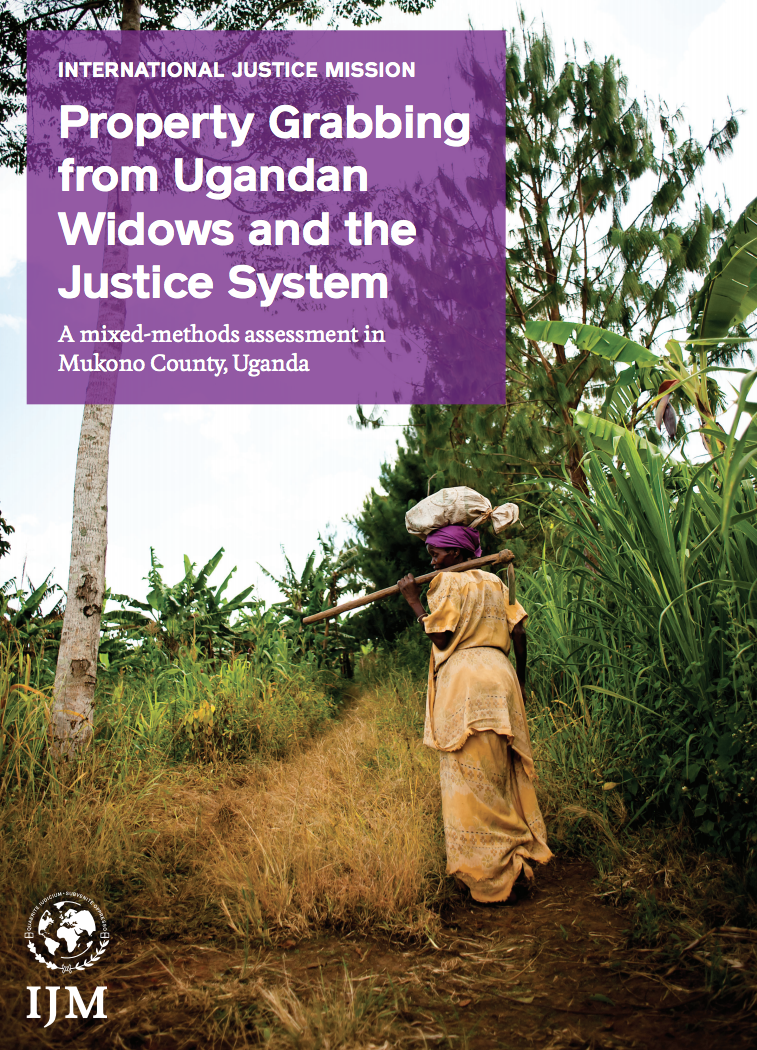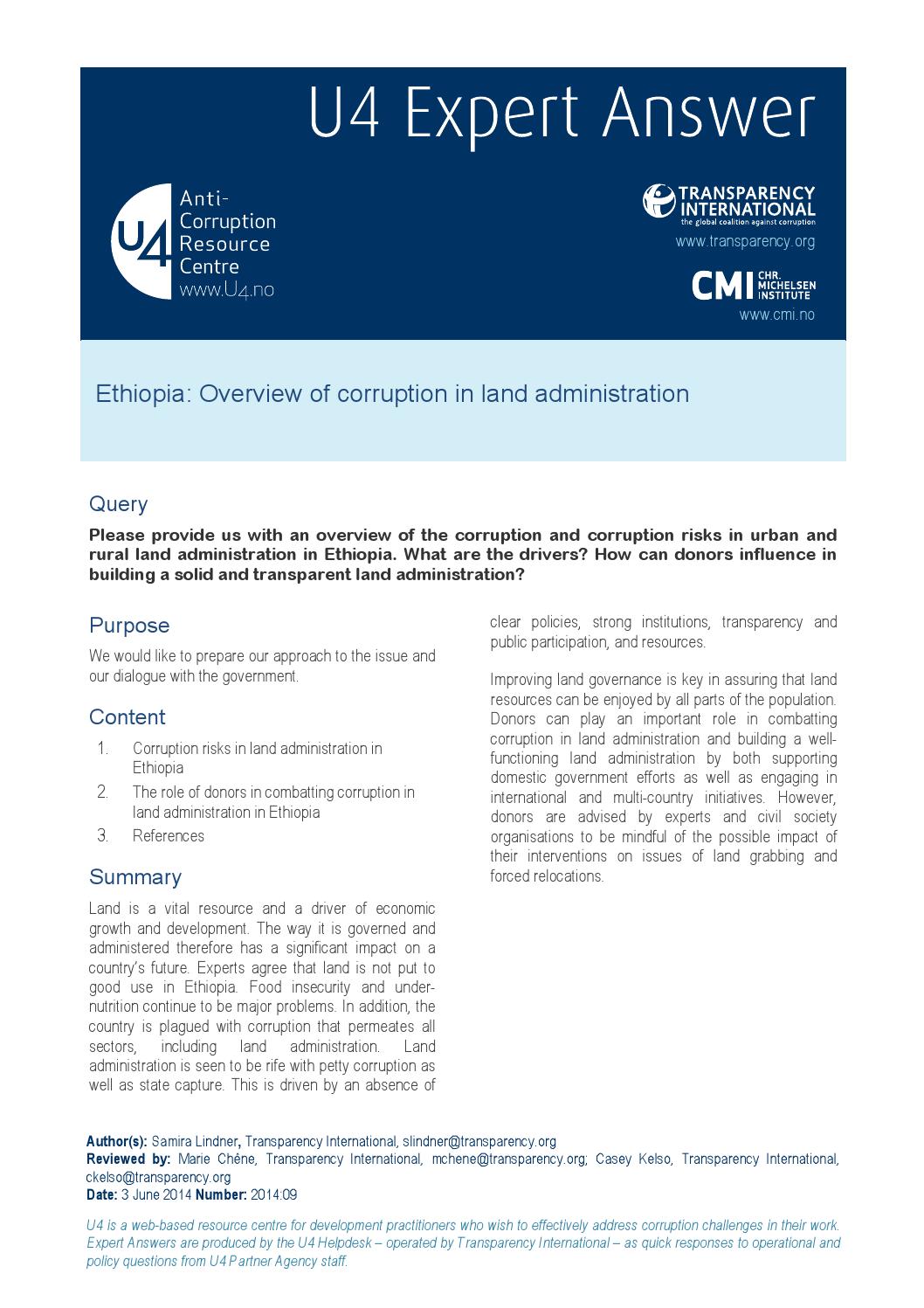Property Grabbing from Ugandan Widows and the Justice System
In a first study of this kind, International Justice Mission has used mixed methods assessment to portray the depth of widow and orphan property grabbing problem and lack of justice system response in Mukono County, Uganda. The report demonstrates that nearly a third of widows have experienced land grabbing with virtually no criminal justice system response.







